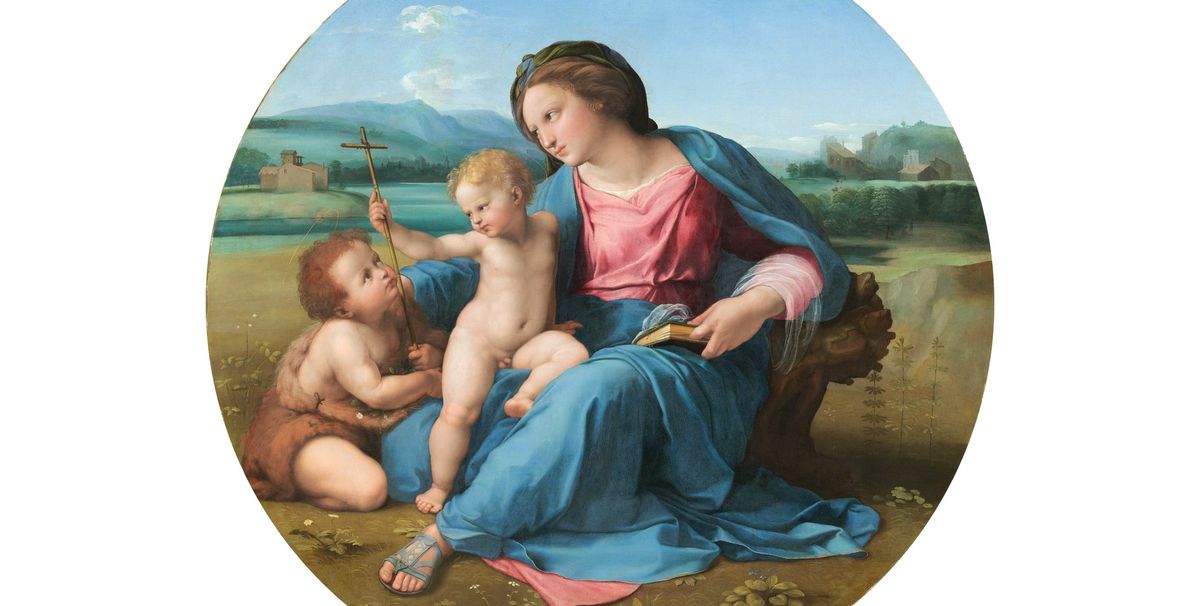A curator at the State Hermitage Museum in St Petersburg has claimed that government authorities have seized archives and books at the institution’s shops related to the Soviet’s sale of art nationalised after the Bolshevik Revolution to Western collectors, sparking fears of an attempt to rewrite the country’s history. The museum, however, has denied an official ban of the material, saying that work is being done to “improve” how the archives are stored.
Last Thursday, 13 April, Alexey Larionov, a curator of Dutch, Flemish and German drawings in the museum’s department of Western European fine art, posted on Facebook that he could no longer keep silent about news that was being discussed “in every corner of the Hermitage”. According to Larionov, a committee of auditors—officially from the Ministry of Culture, but it was believed that most were actually “representatives from other agencies”—came to the Hermitage a couple of weeks ago to investigate claims that the museum had been “publishing "secret" documents over the course of many years’.” Larionov says they were referring to “eight fat volumes” published by the Hermitage starting in 2006, based on the museum’s archives of Soviet government art auctions planned and carried out in the 1920s to 1930s.
The fledgling regime was looking for fast cash at the time to jumpstart the country’s industrialisation, and targeted art from tsarist collections, including those of Catherine the Great, who founded the Hermitage. Among the masterpieces sold off were Raphael’s Alba Madonna, which was purchased by Andrew Mellon, the US banker and industrialist for nearly $1.2m, a record sum at the time. He ended up donating it along with 20 other paintings he bought from the Soviet government to create the National Gallery of Art in Washington, DC. Other works of nationalised art are also at the Calouste Gulbenkian Foundation in Lisbon and the Metropolitan Museum of Art in New York.
Larionov says that because of the auditors’ decision, the Hermitage’s books about the incident are now “banned from sale and seized from kiosks” and that the next volume planned in the series has been blocked from publication. He also claims that the relevant documents in Hermitage’s archives have been seized, sealed and taken away and that similar operations have taken place at the State Historical Museum and State Pushkin Museum of Fine Arts in Moscow. In comments to The Art Newspaper Russia, the Pushkin museum denied that similar events had occurred there, but said that “what is happening at the Hermitage right now is a very complicated story”.
According to a summary of one of the books in the series on the Hermitage’s website, the “unprecedented in scale” art sales, which were kept secret at the time, “took place against the background of significant changes in the museum… The appointment of [Communist] party nominees to leading posts, the restructuring of exhibitions in accordance with the principles of Marxist-Leninist ideology, the repression of employees as a result of the so-called purge of the museum apparatus in 1931. The documents presented in this volume reveal the atmosphere of those years when the Hermitage collections were being sold off.”
The Hermitage, however, has denied that there is a ban on the book series. “There are no official bans on the publication of archival materials kept in the State Hermitage,” the museum says in a statement posted on its website and Facebook page. “Just as there has been no decision by some "commission", mentioned by the Facebook user about the withdrawal of books in the Pages of the History of the Hermitage series.” Sources close to the museum’s leadership told The Art Newspaper Russia that the incident had been “exaggerated” and that the investigation was based on the fact that some declassified documents were reproduced with the “secret” label.
According to the museum’s statement, “the State Hermitage is working to improve the system of archival storage of all documents in accordance with current legislation. This work is being carried out in keeping with state policy and the decisions of the President of the Russian Federation in this sphere.” President Vladimir Putin’s administration has become increasingly stringent about access to Soviet-era archives and interpretations of Soviet history.
In his post, Larionov described the situation as Kafkaesque or Orwellian, and asked if the reasoning behind the seizure was “bureaucratic madness, or a paranoid desire to rewrite history?” After the Hermitage released its statement, Larionov added in a postscript that the key facts of the books seizure “can hardly be refuted”. But if it turned out to be a bureaucratic mixup and the archival documents and books were returned to the museum, “I will be very happy. Although I won’t stop considering the whole story as deeply abnormal.”


